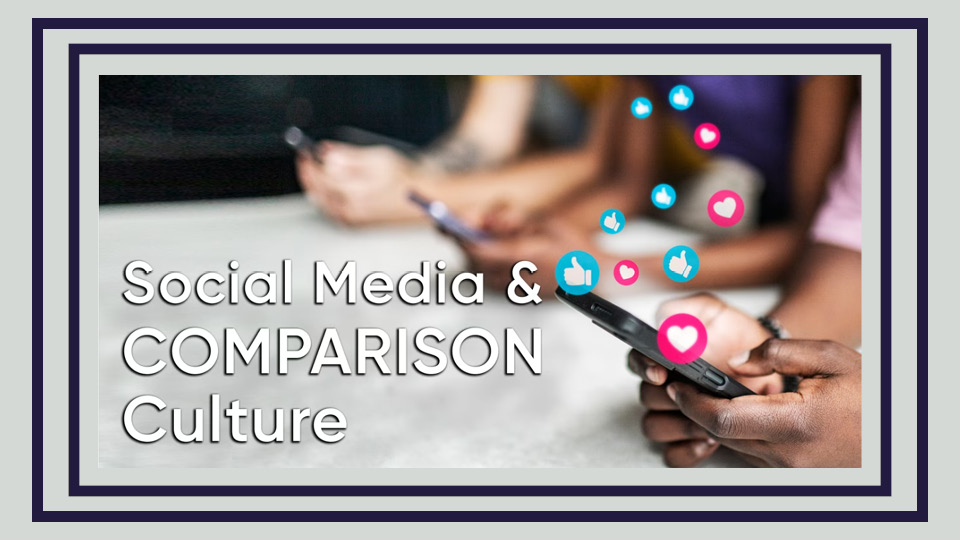
School TV: Social Media & Comparison Culture
With the Albanese government’s social media ban for young people under the age of 16 due to come into effect in December this year, it is timely to start to reflect and start a conversation on how social media and comparison culture features in your daughter’s life.
Young people today are growing up in a world where exposure to other people’s lives is constant. Through social media and other platforms, they are regularly presented with curated highlights – from flawless holiday photos and academic milestones to the latest fashion trends and fitness achievements. This continuous stream of idealised content fuels what is known as comparison culture, where self-worth is often measured by how someone stacks up against others (School TV).
Recent research by the Australian Catholic University, which analysed 117 studies covering 292,000 children globally, revealed excessive screen time was increasing children’s chances of developing social and emotional problems (Australian Psychology Society Article, published June 2025). This is probably no surprise to parents and educators, as many see first-hand the link between screen time and a deterioration in behaviour, interaction or mood.
Whilst comparison culture is a normal part of adolescent development, for children and adolescents, who are still figuring out who they are, comparison culture in an online space can be particularly damaging. Constantly comparing their appearance, achievements, or social standing to friend’s posts, influencers, and even strangers can lead to unrealistic expectations and a skewed sense of self-worth. This relentless need to measure up can contribute to feelings of inadequacy, self-doubt, and anxiety – undermining both confidence and emotional wellbeing (School TV).
The good news is, families have a powerful role to play in helping young people navigate these challenges and can help redirect normal adolescent learning through comparison to building real world role models and connections in their community.
For more information on comparison culture and what parents can do see schools TV special report here.
For an accessible exploration of social media and comparison culture plus other common challenges facing parents of today, the recent ABC series “The Role of a Lifetime” is well worth a watch. For more information on this series see this link.
For more details on the article mentioned see this link.
Melissa Saxton
SCEGGS School Counsellor


